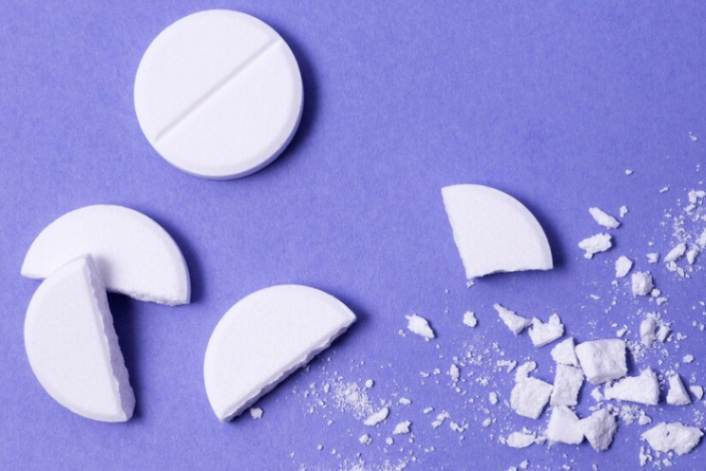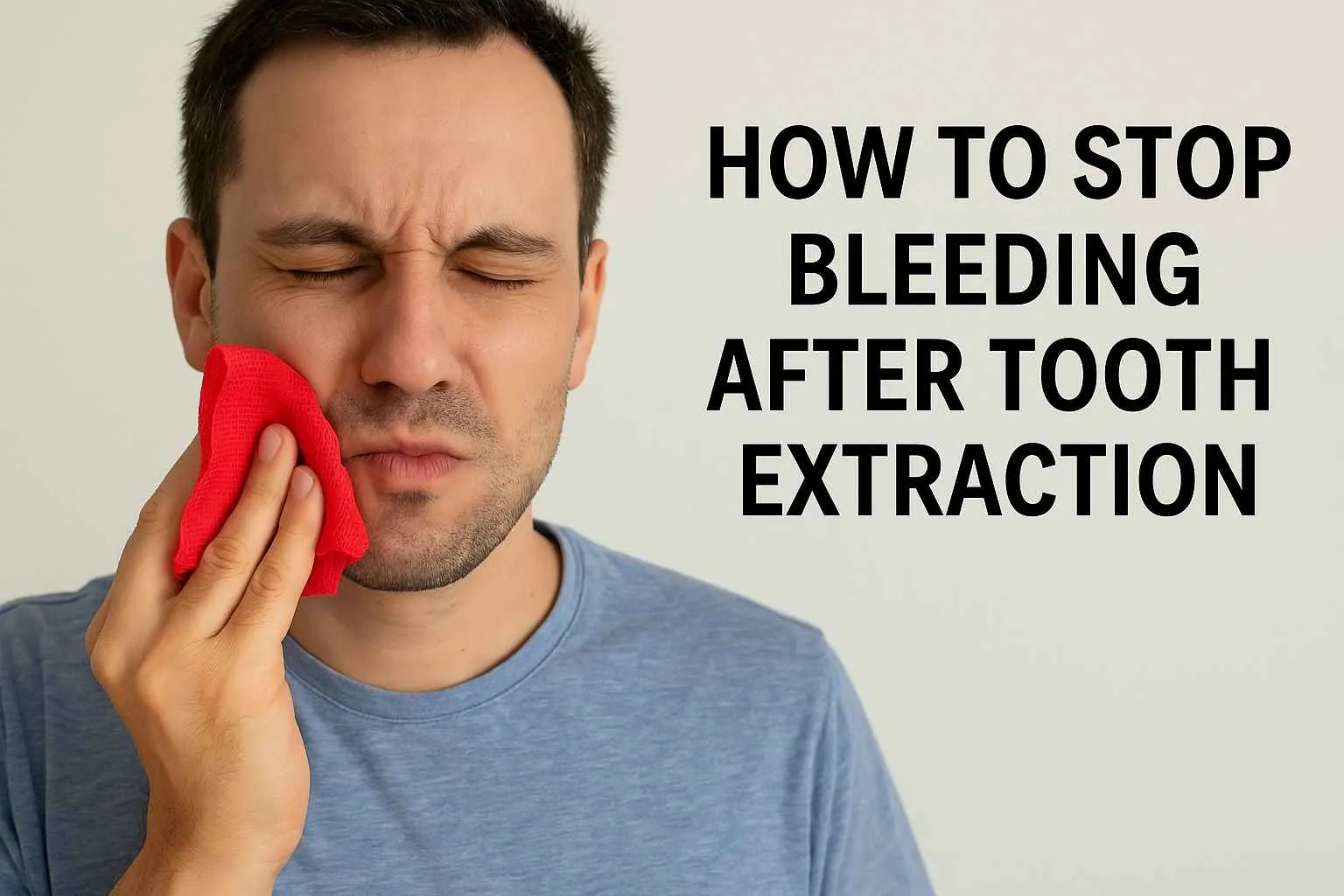Dental decay can cause tooth nerve pain and lead to discomfort and sensitivity. Additionally, there are several other methods to kill tooth nerve pain faster, including over-the-counter pain relievers, topical numbing gels, or prescription medications. If these treatments do not provide relief, a dentist may perform a deep filling to restore the tooth' structure and alleviate the pain.Typically, tooth filling is a minor procedure where dental materials are used to repair the damaged tooth structure and restore its functionality. The materials range from silver and gold to porcelain and composite. Well, how long it takes for the deep filling to settle down depends on the nature of the process, the material used, and the severity of the tooth cavity.
This dental procedure causes little pain and sensitivity, which resolves itself. Hence, it is expected to feel minor toothache after fillings. The discomfort reduces within one or two weeks, but it can sometimes continue and worsen the condition.
Also Read:Tooth fillings before and after: 7 things to consider
What Do You Experience After A Deep Tooth Filling?
Before answering the given title, let' learn more about tooth filling! Fillings are a minor procedure that removes the decayed or damaged part of the tooth and replaces it with durable materials. The filling materials are molded in the tooth, which protects it from infection risks. Mostly, they are metal-based, resin, porcelain, and a combination. After a successful treatment, your tooth is saved and ready to function correctly again. The tooth pain you experience after the filling is normal and resolves without discomfort. Once the numbness, which was due to the effects of anesthesia given during the surgery, goes away, you may experience the following:
- Toothache around the filling area when grinding down on your filled tooth.
- Tooth sensitivity with sweet, hot, or cold foods or beverages that resolves itself.
- Gum pain below the filling tooth.
- Tooth sensitivity while brushing your tooth with a toothbrush.
Why Do Dental Fillings Cause Toothache?
Sometimes, most people feel a toothache after fillings. Many factors contribute to this discomfort, which unexpectedly comes and goes. Those include:
- If you have chilled cold drinks, ice creams, or popsicles, you feel tooth pain after filling.
- Sometimes, breathing through the mouth causes the cold air to hit your treated tooth, which can be painful.
- Also, temperature sensitivity after a dental filling can be the cause that enables the tooth to handle hot drinks. Drinking coffee or tea following the treatment can lead to extreme pain.
- Consuming sugary food items can also hurt your treated tooth, causing toothache.
- Additionally, acidic foods and beverages can be unkind to your tooth.
- The pressure of chewing down hard foods can also be terrible.
Also Read:13 Causes of Gum Swelling After Tooth Extraction And How To Get Relief
Why Do Dental Fillings Cause Tooth Sensitivity?
Tooth sensitivity after filling treatments does not occur out of the blue! Though it subsides over time, in some cases, tooth sensitivity following the filling needs an immediate cure. These are the possible reasons why your tooth hurts after the filling procedure:
1. Irritated Nerve
The deep filling is done when the cavity closely moves to the tooth nerve, causing severe toothache later. This pain is because of the deep filling that can upset the nerves inside your tooth. Typically, the tooth has an outer protective layer of cementum and enamel. It shields the tooth nerve from external factors. When it reaches the nerve, a deep filling irritates it and causes extreme inflammation. But as time passes, the nerve pain worsens, and sensitivity disappears. It would help if you had patience for some weeks. After completely recovering from the affected nerve, you will feel the filling tooth and surrounding teeth in good condition.
Also Read:5 Abscess Tooth Stages That You Need to Know
2. Incorrect Bite Alignment
It should be the crucial aspect of correct fitting that the placement of dental fillings must align perfectly with your bite alignment. If the material is not fitted correctly, it can significantly impact your biting pattern, leading to tooth sensitivity for some reasons. If the filling is above the tooth level, chewing the food can give extra pressure. This harsh force on filled teeth can lead to toothache and discomfort. Moreover, if you eat after the filling procedure, the chances of feeling some sensitivity are not expected. But your bite should self-correct after some weeks. If your filling doesn't correct itself, it can increase sensitivity. Visiting a dentist can help file the fillings down.
3. Increased Pulpitis
Pulpitis is the inflammation when the dental pulp inside your tooth becomes inflamed. It can cause severe sensitivity and can hurt your tooth very severely. Undergoing a minor tooth filling may not lead to pulpitis, but you may experience it in some cases. You might feel inflamed pulp if your tooth suffers an injury, trauma, or accident that results in a broken or cracked tooth. The other reason can be the deep cavity that affects the inner layer of the pulp. And, sometimes, if the affected tooth has undergone several filling treatments before, it can lead to severe pulpitis. This dental problem can be restored effectively through root canal therapy.
Also Read:4 Oral Hygiene Mistakes You Could Be Making
How Long Does A Deep Filling Take To Settle Down?
Certain crucial factors contribute to how long it takes for deep filling to settle down after dental surgery. Those may include dental materials used, cavities severity, size of the hole, and so on. Typically, deep filling is done to fill a vast cavity when the hole in the affected tooth is deep and near the pulp. Moreover, the duration for deep filling to set will also rely on the material used to carry out the treatment. Clinical Trial says dentists usually recommend 24 hours for the filling to achieve the desired hardness and stability. When it comes to composite fillings, it instantly gets hardened following the UV light application.
On the other hand, amalgam fillings take almost 24 hours to settle down properly. Porcelain fillings are fixed within 24 hours after they are molded in your tooth. Remember to avoid biting the food on the side of the filling.
Also Read:Symptoms of tooth infection spreading to the body
How to relieve tooth pain after filling?
You can follow these effective home remedies to get instant relief from toothache or sensitivity after filling:
- Use over-the-counter painkillers such as ibuprofen or acetaminophen.
- Apply oral numbing ointments on your sore tooth after consulting the dentist.
- Brush your teeth using a soft-bristled brush designed for sensitive teeth in a circular motion.
- Go for teeth flossing one time a day and that too very gently to avoid hurting your gums.
- Avoid foods or beverages that are too acidic, hot, or cold, as they can cause severe sensitivity to your teeth.
- Wash your mouth after eating or drinking anything every time, as this protects from enamel erosion.
- Do not use tooth whitening products, as they can worsen tooth sensitivity.
Also Read:Front Tooth Cavities: Causes, Treatments and Preventions
When To Consult A Dentist For Toothache And Tooth Sensitivity After A Deep Filling?
After filling treatment, there is no need to worry if you have a minor toothache or cold sensitivity. With home remedies, you can treat the painful tooth. However, if the pain and sensitivity continue for many days, start getting more severe, make chewing and mouth opening difficult, or are accompanied by redness, irritation, fever, or extreme throbbing pain, you should seek professional help as soon as possible. Schedule an appointment with the licensed dentist near your location and get instant effective treatment. They will closely examine if anything is wrong with your dental filling and provide the right cure or medication to control the pain. Do not delay; it can lead to worse dental issues, causing unbearable tooth pain.
Conclusion
Filling is an effective and safe dental treatment for tooth cavities. Sometimes, sensitivity after dental fillings continues, so the right aftercare is much needed to prevent future damage. You should floss and brush your teeth daily, avoid sugary foods, and wash your mouth after eating or drinking. Tooth sensitivity and toothache following the filling are sometimes expected and familiar. But, if the pain and sensitivity get severe, it is essential to get immediate treatment by consulting a dentist.
Frequently Asked Questions
Why does my tooth filling hurt after months?
The reason is usually nerve exposure to deep filling that irritates your nerves. As a result, it leads to pain and inflammation.
How to relieve tooth pain after filling?
You can relieve nerve pain in the tooth after filling by following the proper care. Taking a soft diet, applying medicated ointments, consuming oral painkillers, and using cold packs can be helpful.
How long to wait to eat after composite filling?
It is crucial to wait for almost 24 hours before eating anything complicated. Due to this, composite material gets time to harden and fix perfectly to the tooth entirely.
How long after filling can I brush my teeth?
Dental filling aftercare is essential for the longevity of your fillings. So, avoid brushing initially for adequate maintenance, but you can resume it gently after 24 hours.
How long should a tooth hurt after a filling?
After the treatment, your tooth is sensitive, so usually, the pain should vanish within a week. And when it's about the sensitivity, it should subside after 2-4 weeks.

Reviewed by







